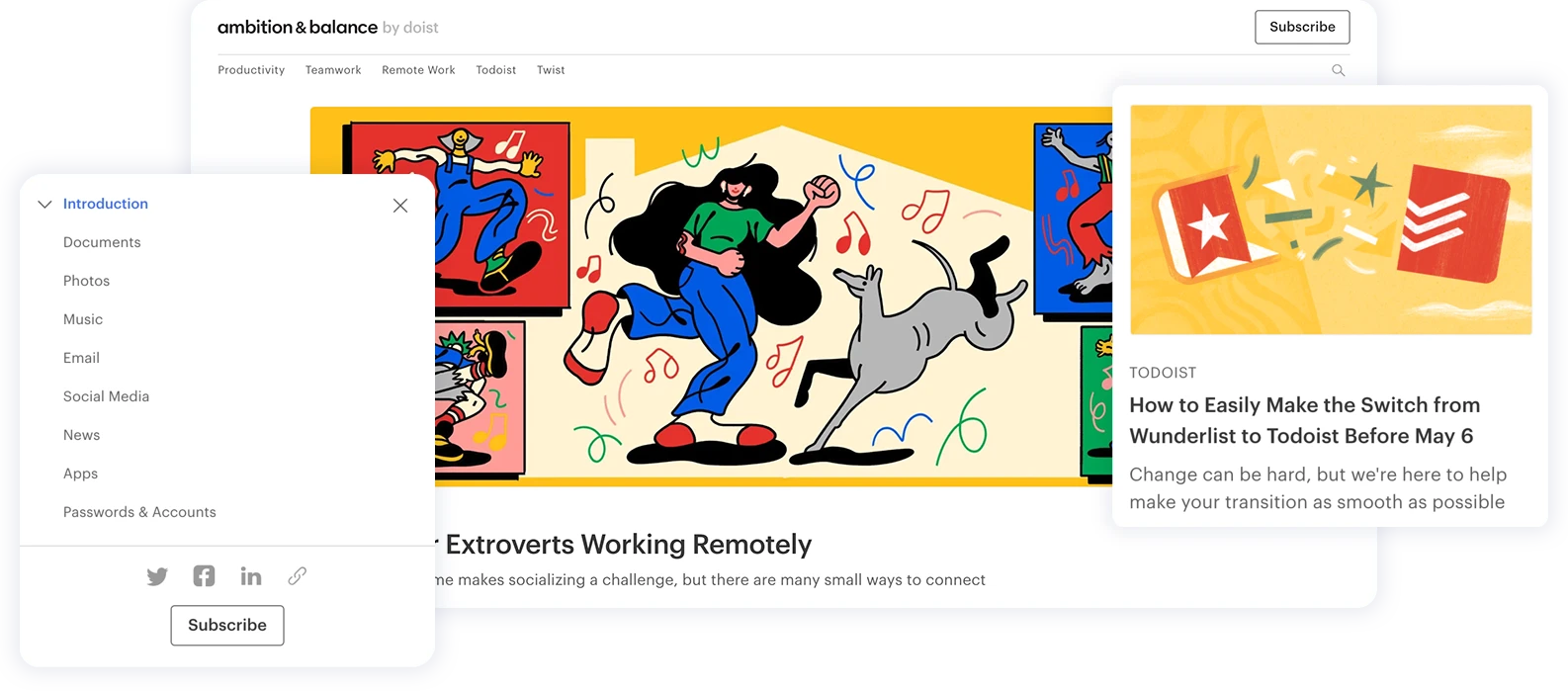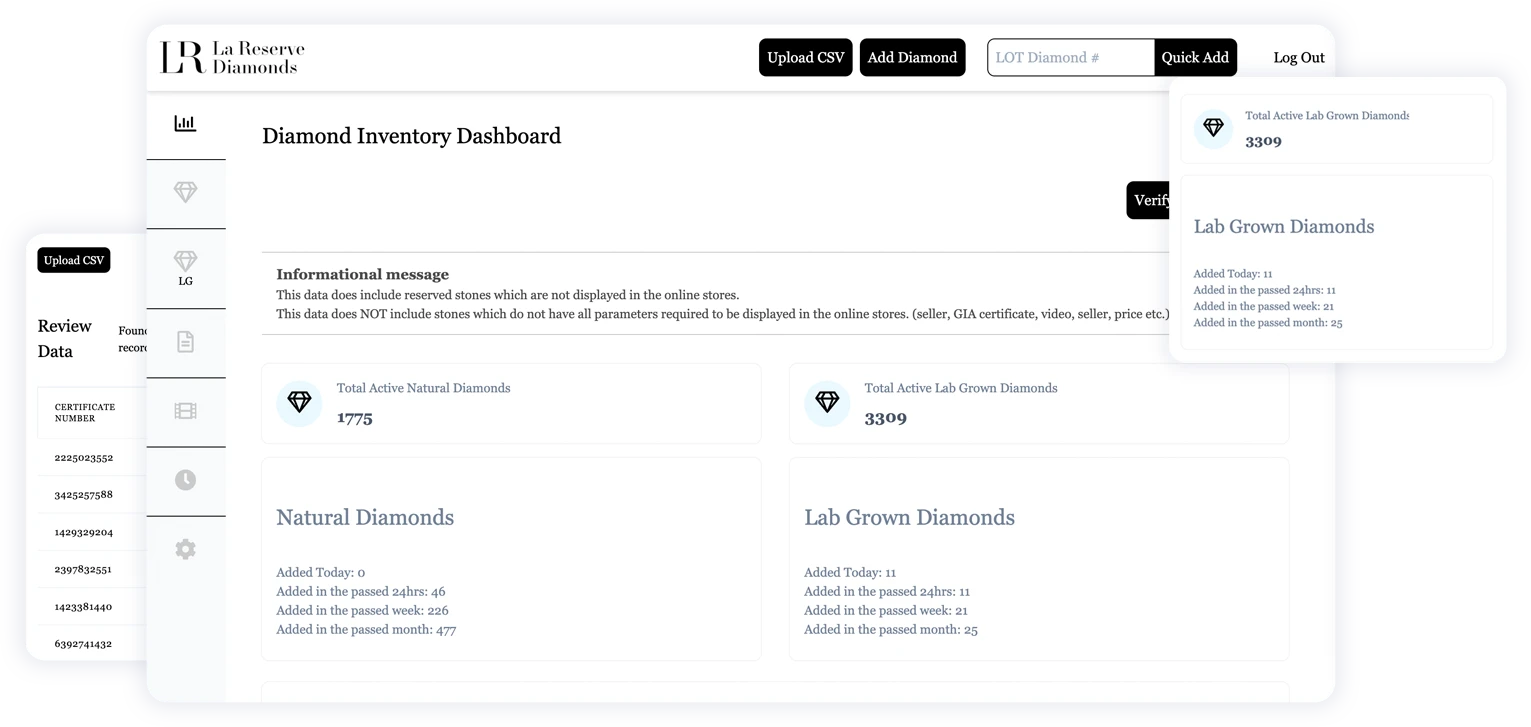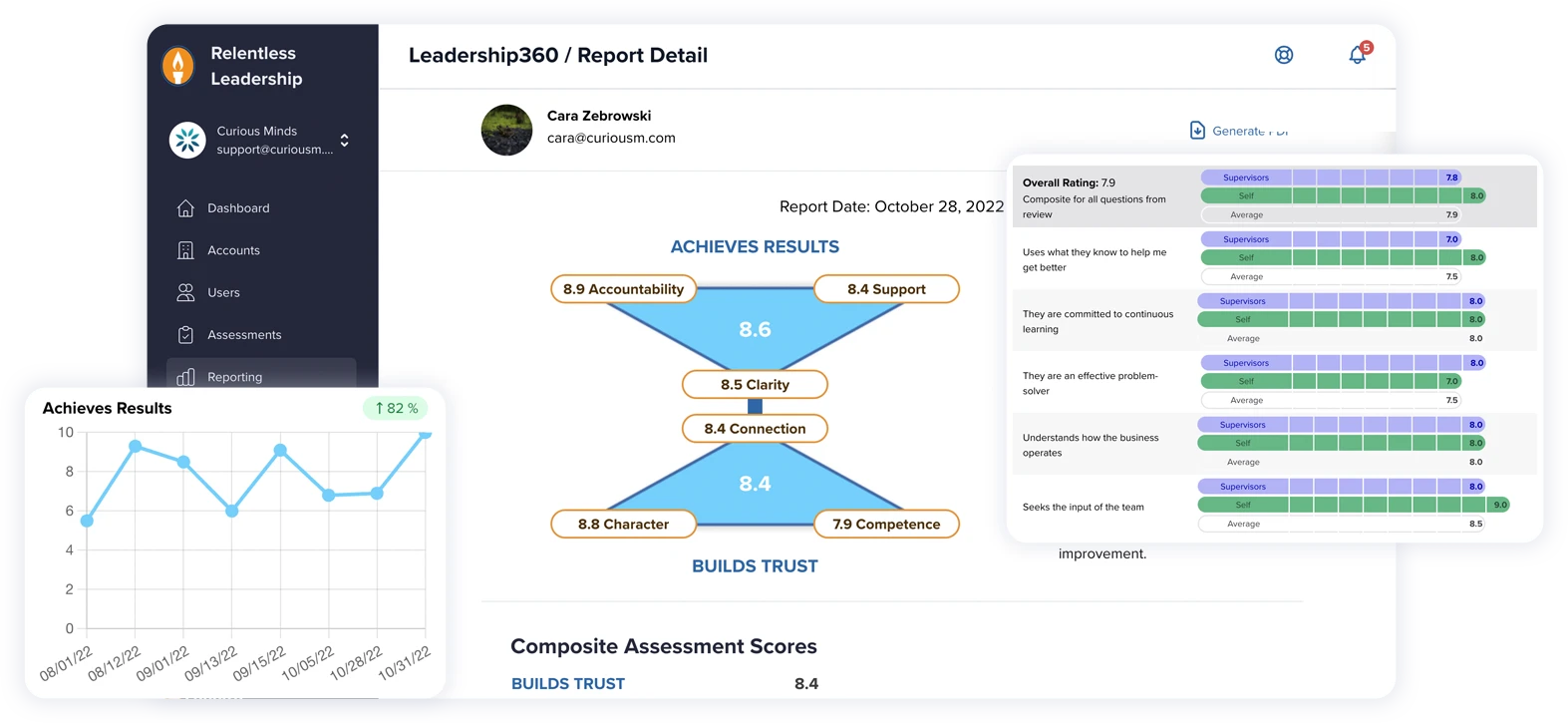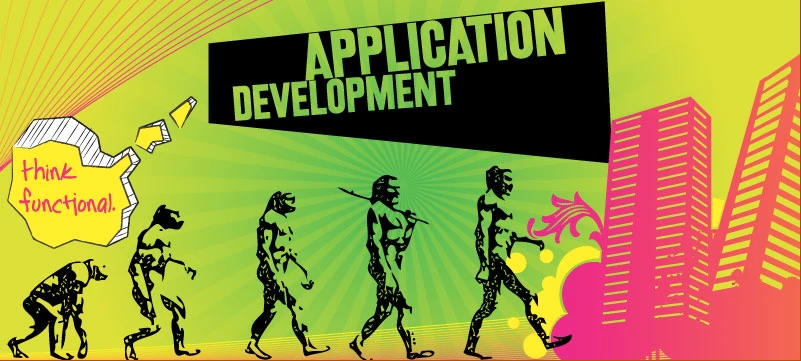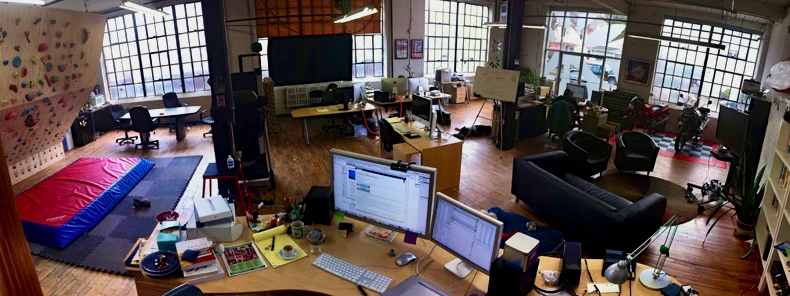A vulnerability is defined as “the quality or state of being exposed to the possibility of being attacked or harmed, either physically, or emotionally.” Of course, you’re not actually being physically attacked, and no one is hurling insults at you when dealing with a vulnerability on your WordPress site, but it can feel that way as everything is going horribly, horribly wrong.
What are some WordPress Vulnerabilities?
We’re not going into too much detail here, as there is simply too much to cover in one article. We’ll follow up in later articles, where we’ll focus more on individual vulnerabilities. Now, without further ado, here are some types of WordPress vulnerabilities.
Brute Force Attack A brute force attack is exactly what it sounds like. Someone throws password guesses at your website in order to correctly guess the right one and gain access to your website. They wear you down with a constant barrage of attempts until they’re right. It’s a fairly common way for someone to attempt to hack your site.
SQL Injection A SQL injection is a vulnerability that allows an attacker to interfere with the queries an application makes to a database. When this happens, information that would normally be kept private is now available to the attacker. Information like passwords, credit card numbers, or personal information are at risk of being exposed with this type of vulnerability. And if that weren’t bad enough, an attacker can modify the information they find, modifying the content, or behavior.
Malware We’ve all heard of malware. Movies love this type of vulnerability. Short for malicious software, it’s any software that is intentionally designed to cause damage and mayhem to your computer and computer system, ultimately destroying both. There are several types of existing malware, including computer viruses, worms, Trojan horses, ransomware, spyware, adware, rogue software, wiper, and scareware.
Cross-Site Scripting Cross-site scripting (XSS), is different from other web attack vectors. It’s a type of injection where malicious scripts are injected into a trusted website. It doesn’t target the application itself. Instead, it targets the users of the web application. The user’s browser has no way of knowing that the script ins’t trustworthy, and executes said script. Private or sensitive information can be taken, and content on web pages can be altered.
DDoS Attack Think of a distributed denial-of-service (DDoS) attack as the worst traffic jam you’ve ever been in, and then double it. Why? Because, under normal circumstances, a traffic jam eventually clears up, and you’re back to speeding down the highway. Not the case with DDoS. DDoS is designed to overwhelm a site with traffic, slowing it down and making it unusable. In addition, they’re more difficult to defend against, because a developer or the site owner needs to know the difference between malicious traffic, and regular ‘ol site traffic.
Old WordPress and PHP Versions I know, I always talk about this. WordPress constantly updates and evolves, becoming a better version of itself with each new launch. Using an outdated version of WordPress, or PHP versions opens you up to vulnerabilities. These systems are specifically updated to avoid hacks and vulnerabilities. With using updates and fixes, you’re susceptible to problems.
What can a Vulnerability do to Your Site?
In a worst case scenario, a vulnerability can render your site unusable. Your site will slow down, and it will become difficult to navigate. As a result, the bounce rate will increase because users are dealing with a frustrating experience on your site. In addition, your data, and user data is at risk of being accessed.
Solutions to Keep Your Site Safe
There are a few avenues when protecting your WordPress site. Remember though, that WordPress is still a secure CMS. Protections help minimize your risk. Nothing is ever perfect, but taking a few steps and precautions minimize your WordPress site from being open to vulnerabilities.
Finding a good host is one of the biggest steps you can take to keep your site safe. At Curious Minds, we recommend WPEngine. We find their service is superior in comparison to other hosts, and our clients notice an immediate, positive result.
Using difficult passwords and non-obvious usernames help protect your site. Your dog’s name might be easier for you to remember, but it’s much easier to guess when someone is attempting to access your information.
Keeping your website updated with the latest version of WordPress, themes, and plugins also keep it safe from vulnerabilities. Another option that ties into keeping your site updated is to acquire a WordPress maintenance plan subscription. A maintenance plan places all of that work into a trusted developer’s hands, and out of yours, leaving you with peace of mind, and the time to focus on building and strengthening your business.
To reiterate, WordPress is a trusted, and highly respected CMS. But as with everything, regular upkeep and maintenance keep vulnerabilities from harming your site, and keep you worrying.
